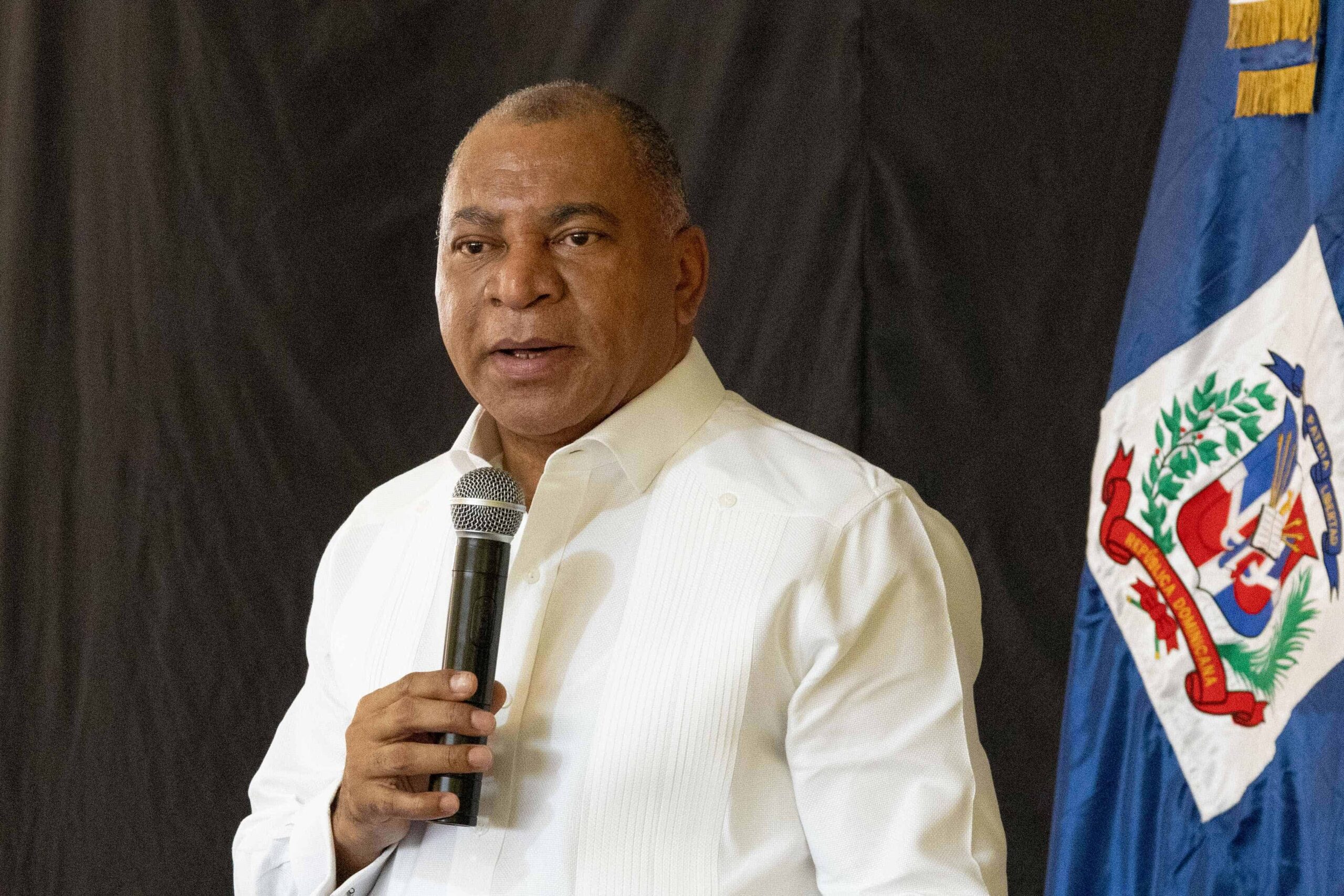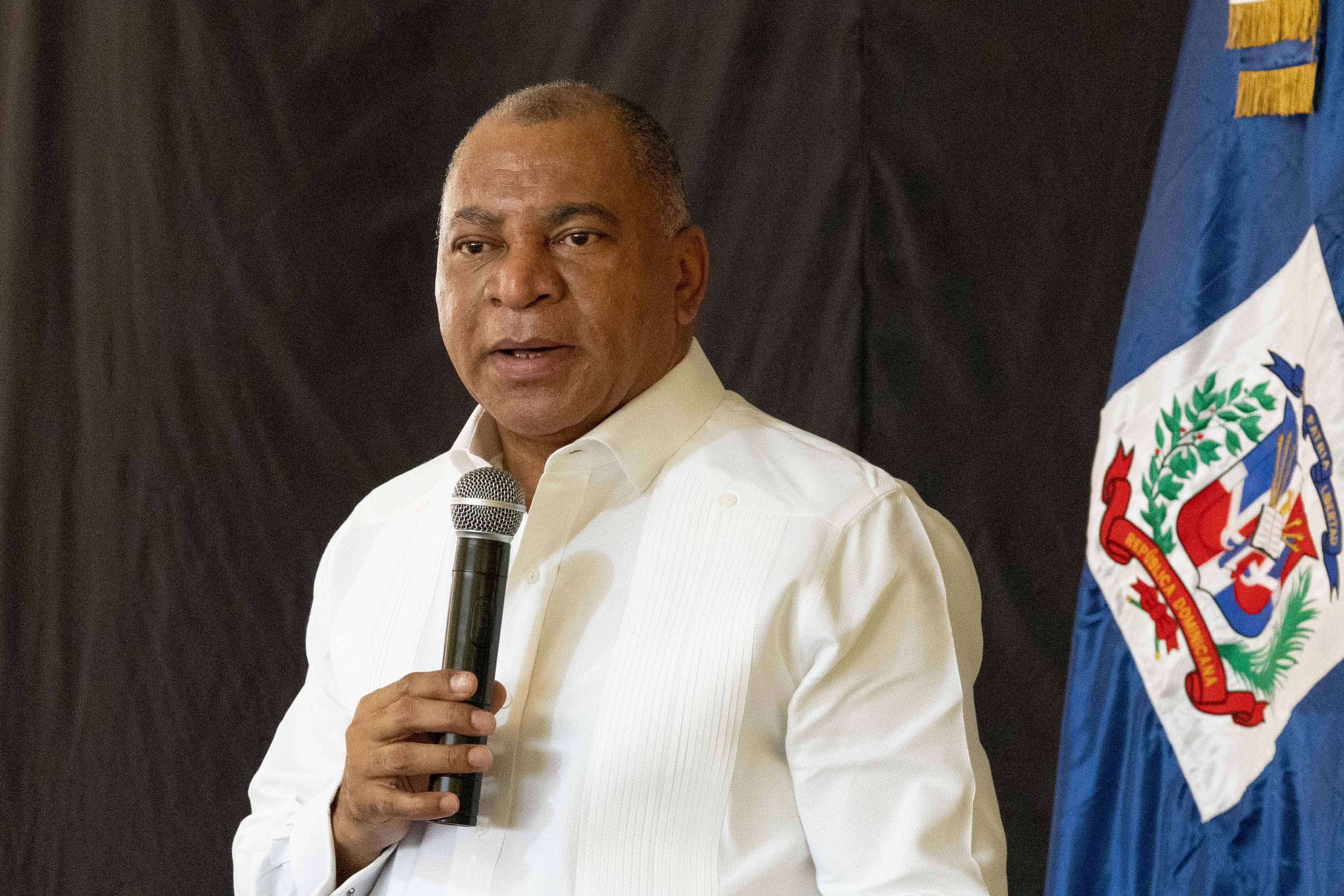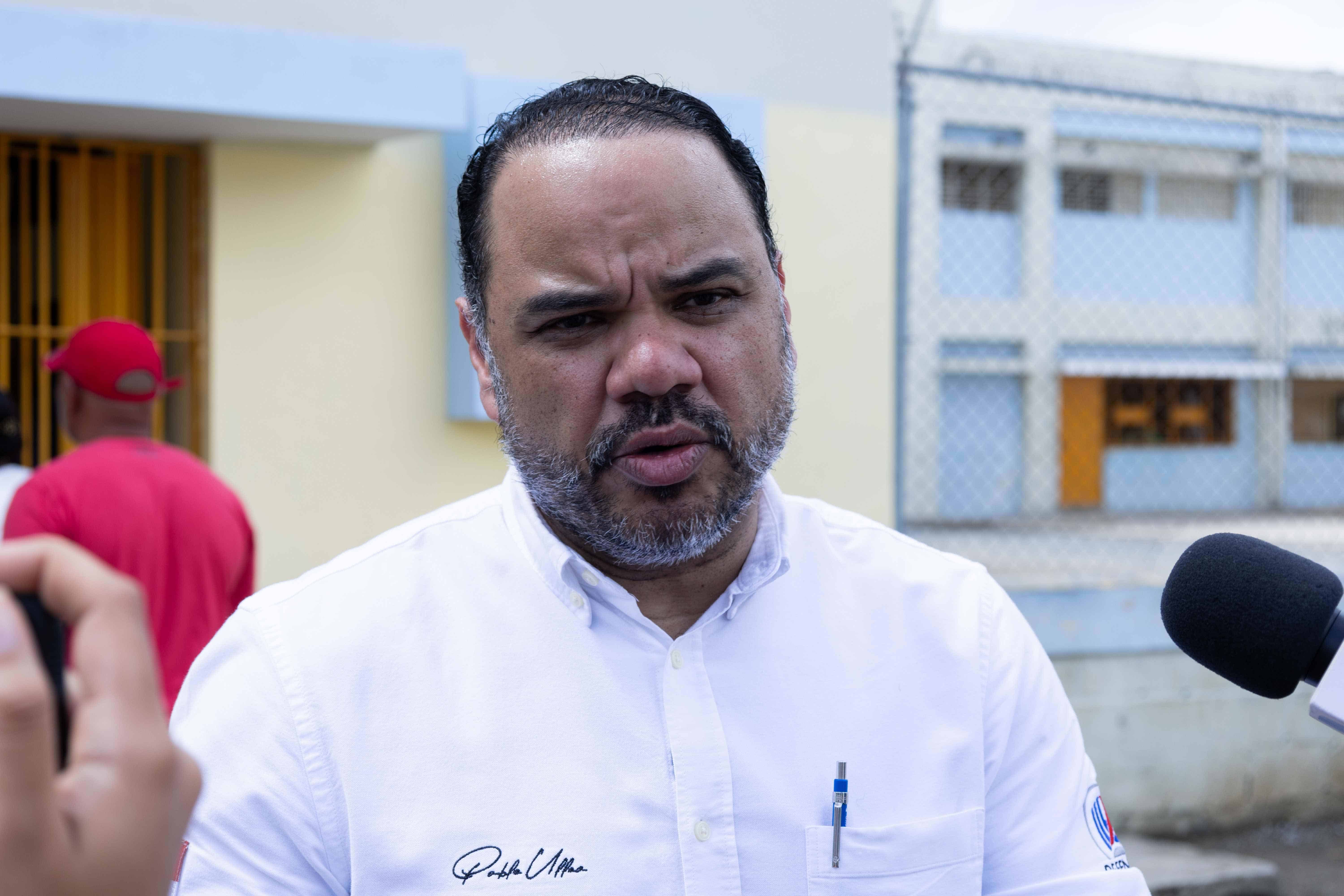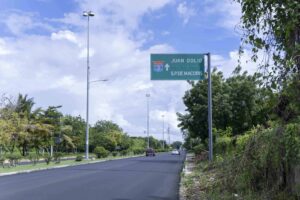
The Dominican Republic‘s prison system houses approximately 450 inmates diagnosed with disorders of health mentalconfirmed Roberto Hernandez BasilioDirector of Penitentiary and Correctional Services.
He highlighted the contradiction of maintaining imprisoned to people with these conditions, since, according to the article 64 of the Criminal Code, are unaccountable.
“It is a contradiction to say that I am creating a pavilion psychiatric, Because when a person has a psychiatric condition, he is not accountable and should not be in prison,” he said this Friday during the inauguration of the new Mental Health Pavilion at the San Pedro de Macorís Correction and Rehabilitation Center.
The country has four pavilions specialized to serve inmates under these conditions, located in the prisons of La Victoria, Najayo Women, Najayo Men and the recently inaugurated one in San Pedro de Macorís.

Hernández Basilio reported that these spaces have a fund of 400 thousand pesos, which are replenished as they are used, for the purchase of medicineswhich will be delivered in a manner free to the inmates who do not have medical insurance or the necessary resources to cover their treatment.
Criminal Code
When at the time of committing the act the accused was in a state of dementia, or when he was forced to do so by a force that he could not resist, there is no crime or offence.
The ombudsman, Pablo Ulloa, He stressed the importance of the creation of the new pavilion psychiatricas well as the others already existing in the country, due to the “urgent need” of attention for the inmates with disorders of health mental in the prisons Dominicans.
However, Ulloa criticized the “excess” of people in prison preventivewhich reaches around 57%, including those with psychiatric conditions, which is considered a worrying aspect within the prison system.

Pablo Ulloa: “We cannot continue having many Ann Josefa“
Ulloa said that the Dominican Republic needs a Institute National Sciences Forensic (Inacif) with the appropriate resources, specialists and psychiatrists to evaluate the inmates that present disorders mental, preventing them from being sent to prison preventive incorrectly.
Citing the recent case of Ann Josefa Garcia Neck, The military doctor accused of decapitating her daughter on August 15, Ulloa stressed that, despite her lawyer’s claims that she suffers from schizophrenia, she was sentenced to one year in prison. prison preventive in Najayo Mujeres, since the document certified by Inacif was required.
“The coercive measure is dictated and then we wait for Inacif to give the necessary information to evaluate its situation. We cannot continue playing populism or demagogy from a criminal point of view”Ombudsman
He added: “We cannot continue to have many Ann Josefa that they must spend three, six, nine or twelve months in prison to see if it is possible to prove the crime they committed. Undoubtedly, she presents problems of health mental that are clearly defined.”
Mental Health Pavilion in SPM
The area of health mental inaugurated this Friday in the San Pedro de Macorís prison has capacity to serve 48 inmates with disorders psychiatric.
With this opening, 37 inmates from the prisons from Monte Plata, La Romana, Higüey and El Seibo, to receive attention in the new specialized unit.
The director of Prisons reported that in the San Pedro de Macorís prison there are currently 16 inmates diagnosed with problems of health mental.
He stressed the importance of this space, highlighting that many of the people with disorders psychiatric They should not be imprisonedsince they are unaccountable.
“The mere fact of being in prison It already represents a problem of health mental. However, for various reasons, these people are imprisoned, and the least we can do is guarantee them a decent service,” he said.
He pavilion will have the permanent presence of a psychiatrist to toast attention specialized in inmates.
Believe in the reintegration
On the other hand, Hernández Basilio expressed his firm belief in the reintegration of the private of freedom in society. He stated that many inmates They did not have the opportunity to access basic rights, such as education, health and a decent job, which influences their situation.
“Many of them started eating three times a day when they arrived at the prison and sitting in an educational classroom for the first time in prison“, he explained.
As a final reflection, he invited society to change its approach. Instead of asking for the construction of more prisons in the country, he urged to demand better schools that help train people to stay away from crime.



